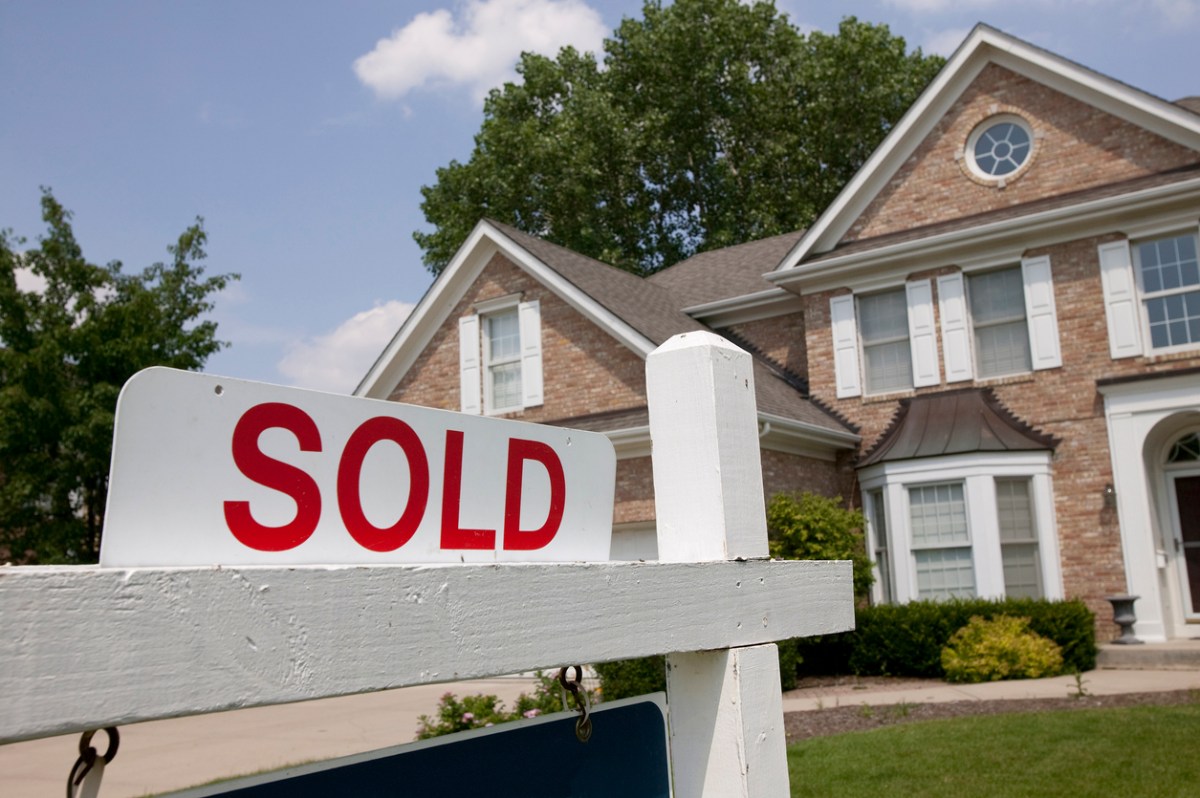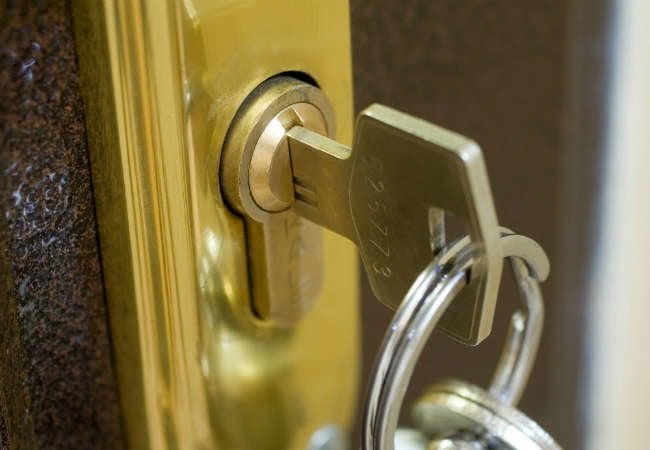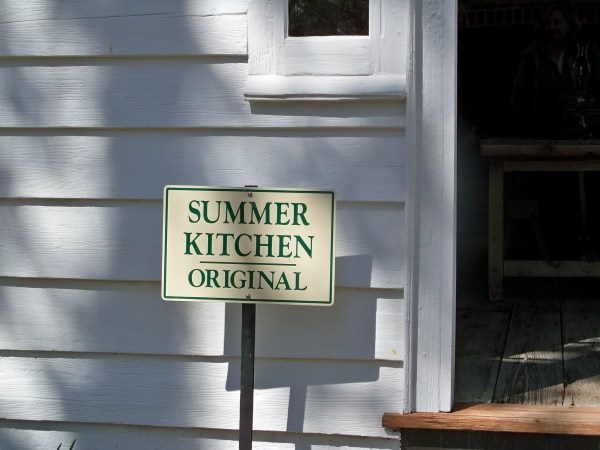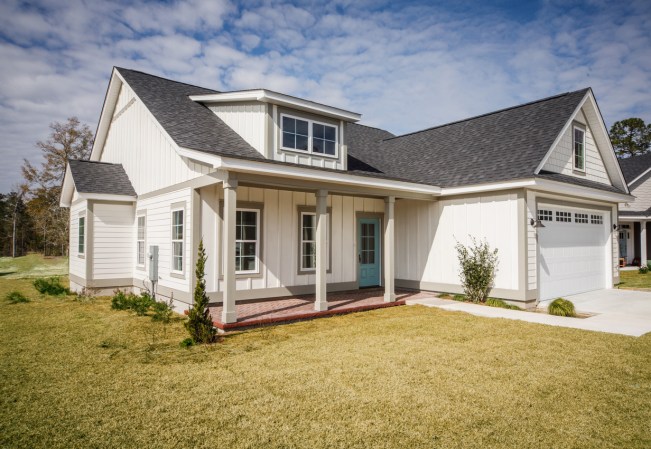We may earn revenue from the products available on this page and participate in affiliate programs. Learn More ›
The perfect house may not exist, but there is such a thing as the perfect house for you. It may be the first home you view, or you may have to go through 10 houses before finding the right one. Throughout the search, it’s important to have realistic expectations, and you should also understand the features you should never pay extra for. But sometimes a house that you’re seriously considering is just wrong for you, and there are a variety of reasons why. Be on the lookout for these seven signs that you’re about to buy the wrong house.

You’re Forcing the Numbers to Work
Regardless of how much you love a home, you’ll never be happy (or comfortable) in it if you can’t really afford it. “If you need to do financial gymnastics to get the monthly payments to work, it’s probably the wrong house,” warns John Walkup, cofounder of UrbanDigs in New York City. “Taxes and maintenance are two expenses that go up over time, not down, so if today’s payments are tricky, tomorrow’s will be trickier.” He recommends leaving plenty of wiggle room in your finances.
This view is shared by Kris Lindahl, CEO and founder of Kris Lindahl Real Estate, which serves Colorado, Minnesota, and Wisconsin markets. “Many buyers who go way over their budget because they fall in love with a home end up regretting it, especially if they leave themselves zero cushion for other things life may throw at them,” he says. “If you’re going well above your budget to buy a home, it’s probably the wrong house for you.”
Related: 9 Reasons You Might Not Get a Mortgage
The Home Doesn’t Excite You
We get it: Some people aren’t easily excited. But if you have a downright ho-hum response to the house you plan on buying, stop and consider why. “If you’re still visiting other open houses to convince yourself the one you found is good, it’s probably not,” says Walkup. He believes you should know the right one as soon as you set foot in it. “If you haven’t had a visceral sense of place in the home you’re about to buy, think twice about it.”
Agent Mihal Gartenberg of Warburg Realty in New York City agrees. “One sign that you’re buying the wrong house is if you don’t feel good inside the home,” she explains. “It’s a physical feeling, and it is absolutely real.” And if you don’t have a good feeling, Gartenberg warns against ignoring that.
In fact, a Warburg Realty colleague, agent Karen Kostiw, says you should be comfortable and excited about the home and the area. Some factors to consider include how safe you feel, the distance to and quality of surroundings that may be important to you, like restaurants, parks, shopping, entertainment, transportation, and so on. “Explore the area at different times of day, and enjoy some activities locally,” she recommends. “If the area and the people you meet don’t excite you, it’s best to continue the exploration.”
The House Doesn’t Meet Everyone’s Needs
If you’re not the only person buying the home, it’s wise to consider your partner’s opinion as well. “Happy spouse, happy house,” says Greg Kurzner, president/broker at Resideum in Alpharetta, Georgia.
It’s also important to consider if/how the house meets the family’s needs. “If you have three kids and one on the way, a two-bedroom, one-bath bungalow is probably not going to be a good house for you,” he explains. If you have kids, it’s also important to consider nearby schools. And if you have elderly parents, Kurzner says, you need accommodations that meet their needs as well. “Whatever the reasons for buying, if you start to get the feeling that ‘this’ isn’t ‘that,’ find a home that is.”
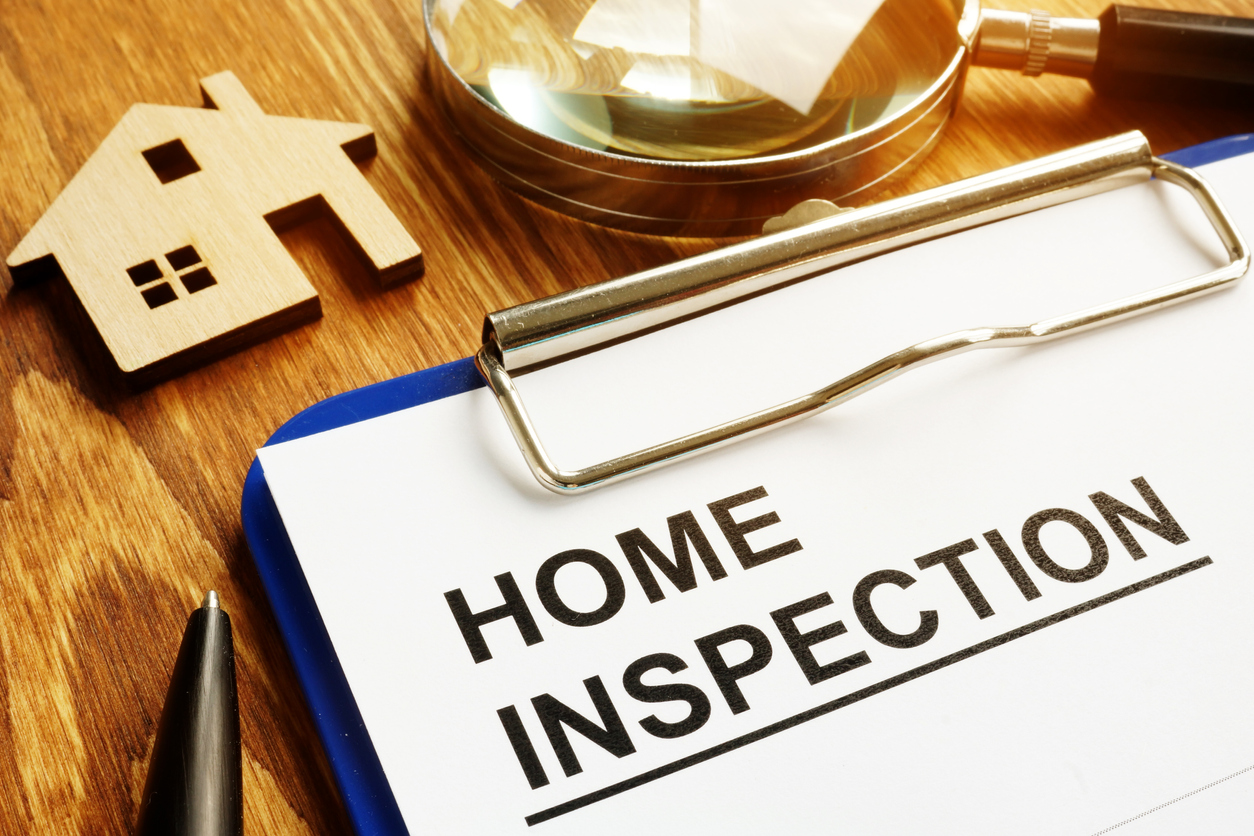
You’re Willing to Waive the Inspection Contingency
In a seller’s market, potential buyers are looking for ways to make their offers more attractive. You may find yourself tempted to sweeten the pot by waiving the inspection contingency, but as Tyler Forte, CEO at Felix Homes in Nashville, Tennessee, notes, this is a warning sign that you’re about to make a big mistake. “There could be something that comes up in the inspection report that completely changes your enthusiasm for buying the home,” he says.
For starters, sellers may be using home staging to hide problems that would be uncovered during an inspection. “There are so many items that could be wrong with a house, including foundation issues, mold growth, or an elevated radon gas level; these issues are practically invisible to the naked eye, but repairing these issues typically costs thousands.” If you agree to purchase the house as is, Forte says, you’ll be responsible for these expensive repairs.
Related: 8 Things Every Home Inspection Checklist Should Include
You’re Ignoring the Results of the Inspection Report
Just as bad as waiving an inspection is ignoring the invaluable advice of your home inspector. “If the inspection comes back with red flags trying to tell you this isn’t the house for you, listen to them,” Lindahl warns. “Once we begin picturing ourselves in a home or visualizing ourselves raising kids in a home, it’s really hard to walk away.” However, he says, inspections exist for a reason, and if extensive or costly issues arise, you should listen to your head over your heart.
 You’re Not Up to the Task of Doing Repairs
You’re Not Up to the Task of Doing Repairs
You can usually get a fixer-upper home at a great price, but it may not be a great deal for you. “Always be real with yourself about your skill level and your appetite for DIY repairs,” Lindahl says. If you’ve never picked up a hammer, he says, you’ll need enough money to hire help. “Home improvement TV shows are very entertaining, but they only show a very small fraction of what it’s like to renovate a home or update a bathroom.”
Related: 9 Questions to Ask Before You Buy a Fixer-Upper
The House Has a High Turnover Rate
Doing your homework entails more than just the home inspection. “A string of short-term owners—meaning the house has changed hands a lot recently—is a bad sign, says Christian Adams, a real estate broker as well as CEO at Repair Pricer. There could be something wrong with the home that you haven’t yet seen or noticed, such as noisy neighbors or major issues that have been painted over. Maybe plans are in the works to build a sewage plant nearby. “Either way, make sure you pay attention to disclosure notices from sellers and their agents, and do some research in tax records to find out if the property has recently changed hands.”
